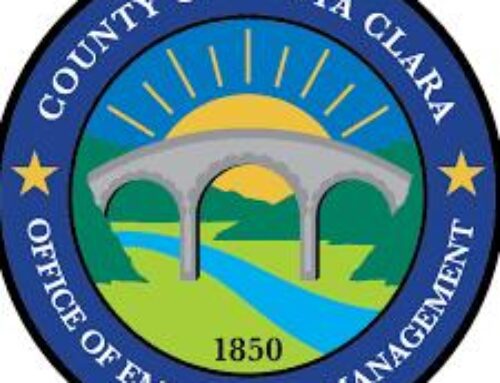Published in the March 14 – 27, 2018 issue of Morgan Hill Life

A common problem is when a person has paid for legal documents, and then the person, or their loved ones, can’t locate the documents. How good are your documents if nobody can find them?
Next, you really need to understand the legal effect of your documents. This is critical. What do your documents say? How will they be interpreted? Who’s in charge? Who gets what? How will they affect your spouse and your heirs?
And who have you selected to make your decisions for you? Do you still trust them years later, or is it time to update and change your documents?
More and more we’re seeing people who named a trusted person five or 10 years ago, or even 20 years ago, but now they think the person they used to trust has been stealing from them, or the person who was named as Trustee only to take care of matters, has now started telling people they are the person who is going to inherit the property. If you’re still young and nimble, you change things quickly, but what if you’re ill or bedridden or in a nursing home or assisted living facility? What if you can’t find your legal documents to check them, and the person you previously trusted won’t give you a copy so that you can review what the documents actually say?
It won’t happen in your family? I hope that it never happens to you or your family, but be careful. Be vigilant.
Here are some of the issues I’m dealing with now: Case 1 — family was fine until Dad started to decline at the same time when one daughter got divorced and needed money, so that daughter took her weakened Dad to an attorney to change his documents, and now money is missing from Dad’s accounts. Case 2 — Dad trusted son to act as Trustee and distribute his estate equally to his children, but after dad’s death, son moved into the property and has been living there rent-free for several years and has not sold the property to distribute to his siblings. Case 3 — the family member, who is not one of the children, was entrusted with the task of managing the property for the children, and with the elder now in the nursing home, the person has been telling everyone that he’s now the owner. Case 4 — the CPA who took care of the taxes for years had his tax client declared incapacitated to take charge as Trustee, and then the CPA sold one of the houses for considerably less than market value and now wants his former client conserved so that the CPA gets control of about $5 million in assets.
Don’t let these things happen to you or a loved one. Make sure you always have access to your legal documents, review them to ensure you know what they say and you’re comfortable with who will be in charge of decisions and who will get what after your death. And make sure the people you’ve named as decision makers are people you still trust to carry out your wishes. Do what you can to prevent elder abuse or outright theft.
James Ward is a longtime South Valley resident who lives in Morgan Hill. He went to law school in New England and earned a post-graduate law degree in Estate Planning at the University of Miami. Jim worked as an Estate Planning and Elder Law attorney in Florida, and then returned to open his law firm focusing on Estate Planning and Elder Law. He has offices in South Valley and Willow Glen.






